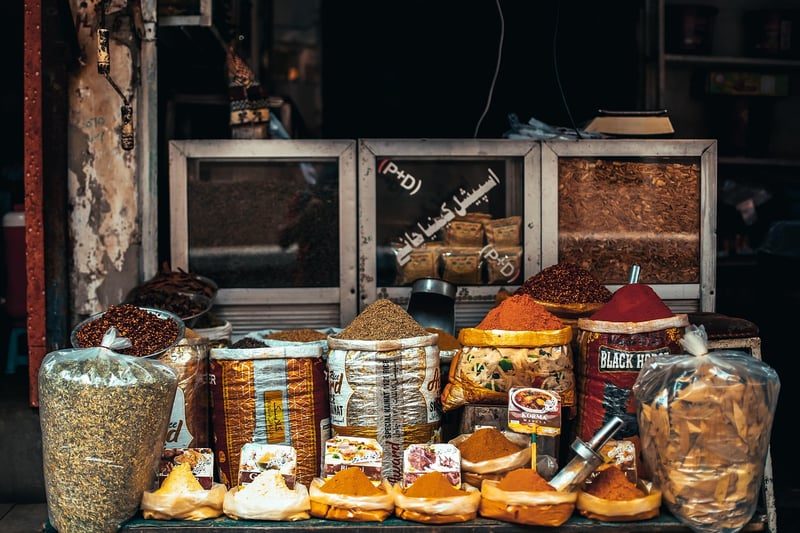Ingredient Substitutions
Enhance Your Cooking Skills and Efficiency
Cooking Tips for Success in the Kitchen
Are you looking to up your cooking game and become more efficient in the kitchen? Whether you're a beginner or an experienced cook, there are always ways to enhance your skills and streamline your cooking process. Check out these tips to help you become a culinary pro!
1. Organize Your Kitchen
Start by organizing your kitchen and decluttering your workspace. A well-organized kitchen can make a big difference in your efficiency while cooking. Keep frequently used tools and ingredients within easy reach to save time.
2. Prep Ahead of Time
Prepping ingredients in advance can save you valuable time during the cooking process. Chop vegetables, measure out spices, and marinate meats ahead of time so that when it's time to cook, you can focus on the task at hand.
3. Invest in Quality Tools
Quality kitchen tools can make a significant difference in your cooking experience. Invest in a good set of knives, pots and pans, and utensils to make cooking more enjoyable and efficient.
4. Follow Recipes Carefully
When trying out new dishes, make sure to follow recipes carefully, especially when it comes to measurements and cooking times. This will help you achieve consistent results and improve your cooking skills.
Ingredient Substitutions
Running out of a key ingredient can be frustrating, but knowing the right substitutions can save your dish. Here are some common ingredient substitutions to help you out in a pinch:
1. Butter Substitute
If you're out of butter, you can use margarine or oil as a substitute in baking recipes. Keep in mind that the flavor and texture may vary slightly.
2. Milk Substitute
For recipes that call for milk, you can use alternatives like almond milk, soy milk, or coconut milk depending on your dietary preferences or what you have on hand.
3. Egg Substitute
Out of eggs? You can use mashed bananas, applesauce, or flaxseed mixed with water as egg substitutes in baking recipes. These alternatives work well in most recipes.
4. All-Purpose Flour Substitute
If a recipe calls for all-purpose flour and you're out, you can use alternatives like whole wheat flour, almond flour, or gluten-free flour depending on the recipe and your dietary needs.
Conclusion
By following these cooking tips and ingredient substitutions, you can enhance your cooking skills, become more efficient in the kitchen, and adapt to unexpected situations when ingredients run low. Experiment with different techniques and substitutions to become a versatile and confident cook!


For more cooking tips and recipes, check out Food Network.
